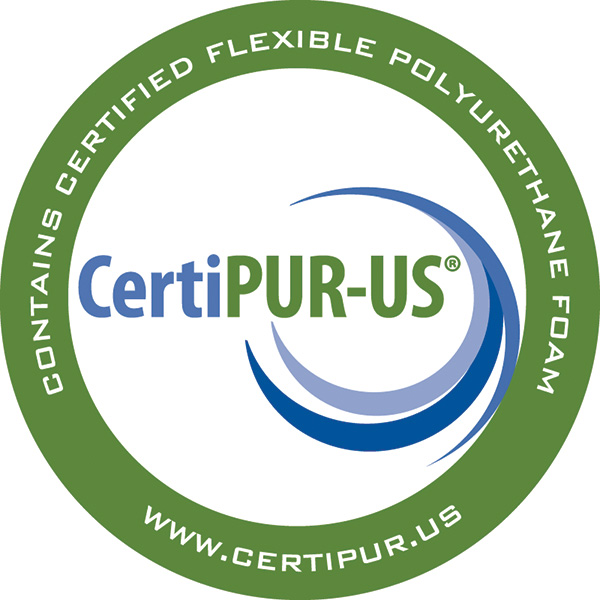NEWS RELEASE: (Rochester Hills, Mich. – August 5, 2022) Effective November 23, 2023, the CertiPUR-US® foam certification program will not certify foams submitted for certification that contain stannous octoate (CAS: 301-10-0), a tin catalyst that can be used in the production of flexible polyurethane foam.

The trigger for the change was the recent reclassification of 2-ethylhexanoic acid (CAS: 149-57-5) and most of its salts, including stannous octoate, to a Reprotoxic 1B with hazard statement H360D (“may damage the unborn child”) by the European Commission, following an opinion from the Risk Assessment Committee of the European Chemicals Agency (ECHA), an agency of the European Union managing the Registration, Evaluation, Authorization and Restriction of Chemicals (REACH).
“Substances which are classified as ‘may cause cancer,’ ‘may cause genetic defects’ or ‘may damage fertility or the unborn child’ are prohibited in CertiPUR-US certified foam,” said CertiPUR-US Executive Director Michael Crowell. “Now that 2-ethylhexanoic acid and particular salts, like stannous octoate, have been classified under the Reprotoxic 1B substances guideline, it will be prohibited from foams certified through the CertiPUR-US program.”
The effective date of November 23, 2023 is based on the European Union’s harmonized classification practices to allow the industry to reformulate foams with alternative chemicals, a process that often requires significant changes in purchasing, operations and production.
Based on a particular foam’s certification renewal date, some participating foam producers would be faced with making the transition in 12 months while others would have more time. Crowell said the program would be flexible and fair — but also transparent about the transition periods.
The CertiPUR-US program’s criteria for certification were established in 2008 based on REACH and other chemical regulatory agencies, with guidance from chemists, environmental scientists and toxicologists, in conjunction with the leadership of the foam, mattress and upholstered furniture industries. Certified foams are used in the production of cushioning for home furnishings such as mattresses, pillows and upholstered furniture.
According to Crowell, the Technical Guidelines that detail criteria for certification have been updated numerous times in the history of the organization. “Vigilant monitoring of chemical assessments and transparency are essential to earning and maintaining consumer confidence in the integrity of the CertiPUR-US program,” he said.
More than 90 flexible polyurethane foam manufacturers from 18 countries currently certify more than 200 different foam formulations through the CertiPUR-US program which is administered by the nonprofit Alliance for Flexible Polyurethane Foam, Inc.
For more information, email [email protected].




